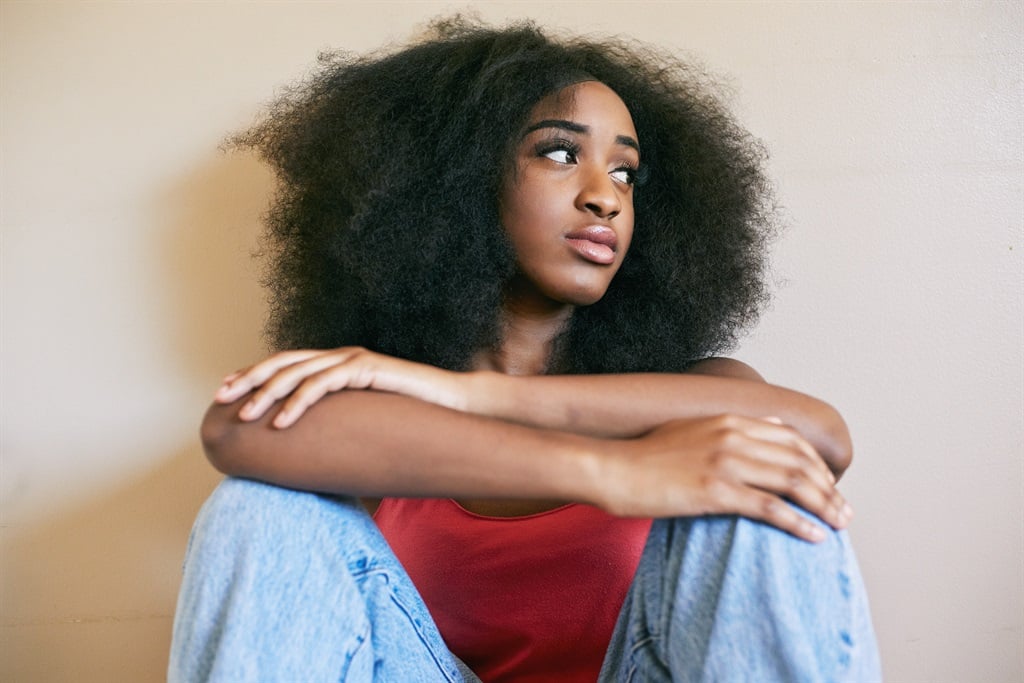
- Relationship expert Paula Quinsee says loneliness is the sense that you're not sharing anything meaningful with anyone else.
- We live fast-paced lives, and it may be easy for people to think that one's life is full and great.
- Relationship expert Leigh-Joy Mansel-Pleydell says many of her clients fear being alone, and feel "unwanted, unloved and unseen."
Many people suffer from loneliness without even knowing or understanding what they are going through.
Even though some may perceive it as the absence of people around, this is far from the truth. People who always have people around them or in their lives may feel lonely.
Relationship expert Paula Quinsee says loneliness is the sense that you're not sharing anything meaningful with anyone else.
"You can have lots of people around you, but if you don't share anything that matters with them, then you'll still feel disconnected and lonely," Paula says.
READ MORE | 5 questions to ask when choosing a life partner
We live fast-paced lives, and it may be easy for people to think that one's life is full and great.
"But, often, we're just going through the motions without any mindfulness. In other words, we're not fully present or conscious as to why we do the things we do – resulting in loneliness, disconnection, anxiety and burnout," she adds.
Some people experience loneliness, but do not know what to call it.
"People who feel lonely and alone may feel like their life has no meaning and purpose. This can impact their mental health and ability to function effectively in their roles. If not managed effectively, it can lead to depression and suicidal thoughts.
"In some instances, people can turn to various coping mechanisms to avoid feeling lonely and alone, such as substance abuse (i.e. alcohol, sleeping tablets, drugs) and negative behaviours (i.e. gambling, impulsive shopping, promiscuous behaviour, etc).
"One thing we should never underestimate is the power of human connection and the importance of sharing common interests that gives us the ability to develop meaningful connections with others."
READ MORE | Are you going through consistent toxic highs and lows? Here's how to maintain a drama-free relationship
Relationship expert Leigh-Joy Mansel-Pleydell says many of her clients fear being alone, and mostly dying alone.
"They fear that, in their most-needed moment, they will be alone , and feel unwanted, unloved and unseen," she says.
Leigh-Joy adds that this also has to do with societal constructs, childhood traumas and how one was brought up.
"Children are not taught how to be alone in a healthy way. We were punished and sent to be alone when we were naughty. This sits in the cellular memory of our bodies, so being alone feels like a punishment.
"Once we can talk ourselves through the sadness and fear of being alone and looking for evidence that we are, in fact, not alone, then we can befriend the fear and seek solitude, which is the blissful state that we are able to heal the feelings of fear, sadness, abandonment and rejection."
READ MORE | OPINION | Do you really need a break after ending a relationship or should you move on immediately?
Tips to curb loneliness
Change things up a bit – change up your routine. When we do the same things repeatedly, life can feel mundane and boring, which can contribute to us feeling alone, down and depressed. Try a new coffee shop, drive a different route, go to a different shopping centre or listen to a different radio station.
Find a purpose – find new meaning and purpose in your life by taking on a new goal or challenge, sign up for a course and learn something new, or volunteer for a worthy cause.
Build new relationships – reach out to people you've been out of touch with or sign up for a social event where you can meet new people and build your social circle so that you don't feel so isolated and alone.
Tackle exhaustion – when we feel down and depressed, we can feel mentally and emotionally drained. Implement self-care routines to help you manage your mental health. Go for short walks outdoors, which can lift your mood and energy levels, practise journaling or meditation, ensure you eat healthily and get enough sleep. Put support structures in place to help you manage the days or moments when you feel it the most – if needed, speak to a professional.
Celebrate small victories – practise an attitude of gratitude each day and celebrate the small steps you make to taking care of yourself and your well-being.
*Paula Quinsee is a Relationship Expert in Johannesburg. She teaches individuals and organisations how to cultivate healthy relationships at home and in the workplace, to create a human-connected world.
*Leigh-Joy Mansel-Pleydell is the chief visionary officer of an impactful consulting practice. Her goal is to activate a sense of complete self-mastery in her clients.




 Publications
Publications
 Partners
Partners












